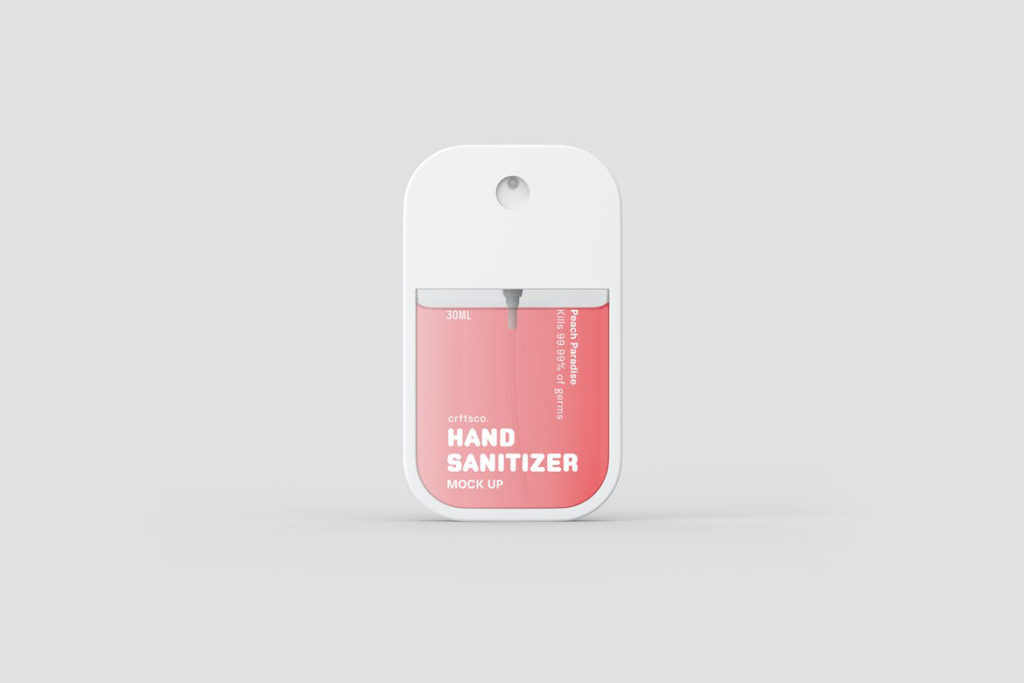Table of Contents
Alcohol Hand Sanitiser Pros and Cons
Hand Sanitiser is also known as Hand Sanitizer the lather being American spelling. There are currently several variations of sanitizers using active ingredients such as peroxides, chlorine-based, BKC and alcohol. For this post we will focus exclusively on alcohol based sanitisers.
Let’s look at the advantages:
- Alcohol is known to be effective in killing bacteria & viruses.
- Common hand sanitisers are a very convenient especially when you have limited/no access to clean water.
- It’s cost-effective. You only need a little per application.
- One of the fastest acting contact times to kill bacteria and viruses


There are some limitations we should think about:
- Not all brands of hand sanitisers are created equal. For a hand sanitiser to be effective, it needs at least 60% alcohol content. While most popular brands do meet this benchmark, other brands may not. Always check the label and check the alcohol content.
- It is not effective against grimy hands. If your hands have dirt or anything else sticking to it, your hands need to be washed before they the hand sanitiser to be effective.
- Some alcohol-based hand sanitisers can leave your hands feeling dry and chapped. If your hand sanitiser doesn’t include a conditioner, chances are, using it leaves you reaching for hand cream.
- People with thin skin may find it too harsh on their skin. Some people with thin weak skin, e.g. people with eczema & babies, may find alcohol-based hand sanitisers too harsh on their skin.
how to make hand sanitizer the DIY hand sanitizer guide
how to make liquid hand sanitizer
To make liquid hand sanitizer the easiest is to mix water to alcohol (ethanol or isopropyl alcohol) in-order to reach the desired functional concentration of 60 ~ 75% add
25mL Water + 75mL of Alcohol = 100mL of Alcohol Sanitizer
how to make gel hand sanitizer
To make a gel version purchase Carbomer or other alcohol stabile thickeners and mix it to the above liquid formulation.
Tips for making hand sanitizer
Ensure the alcohol purity is 90% or more ideally 99.9%, if the percentage is slightly lower ensure you compensate the difference by reducinging the water amount
What to Avoid from Hand Sanitizer
Unknown Source
Unknown sources of alcohol as there are a variety of grades available up to industrial-grade which are NOT suitable to make hand sanitiser.
Industrial Grade
This is due to the possibility of the residue of toxic by-products of alcohol that are not food safe such as methanol, cyclohexane and much much more.
Methanol
Works but is not to be used as children may ingest the hand sanitiser and methanol causes irreparable brain damage if consumed.
Selecting the right OEM Malaysia Factory for Alcohol Sanitizers
Pick a factory or manufacturer who has GMP in this case Cosmetic GMP licence and can help you do the notification of the product (NOT) it is a requirement in Malaysia for all Hand Sanitizers to be registered.
How do Alcohol Sanitizers work?
It has been well established that alcohol-based sanitisers cause water imbalance in the cells of the microorganism, causing water from the cells of the microbes to be pulled out. Essentially starving them from the required amount of water to function
Furley Bioextracts has been in business for 15+ years, has combined experience of 50+ years experience in manufacturing creating over 10,000+ formulations. Certifications include ISO22000, ISO13485, cGMP, HACCP and Halal
We work with small microentrepreneurs to large multinational companies to develop their products.
We are a contract manufacturer, OEM, business partner, mentorship that specializes in manufacturing food, cosmetics, traditional, capsules, medical devices and supplements. We serve clients from all around the world including Asia-Pacific, Europe, Middle East/Africa and North America regions.


